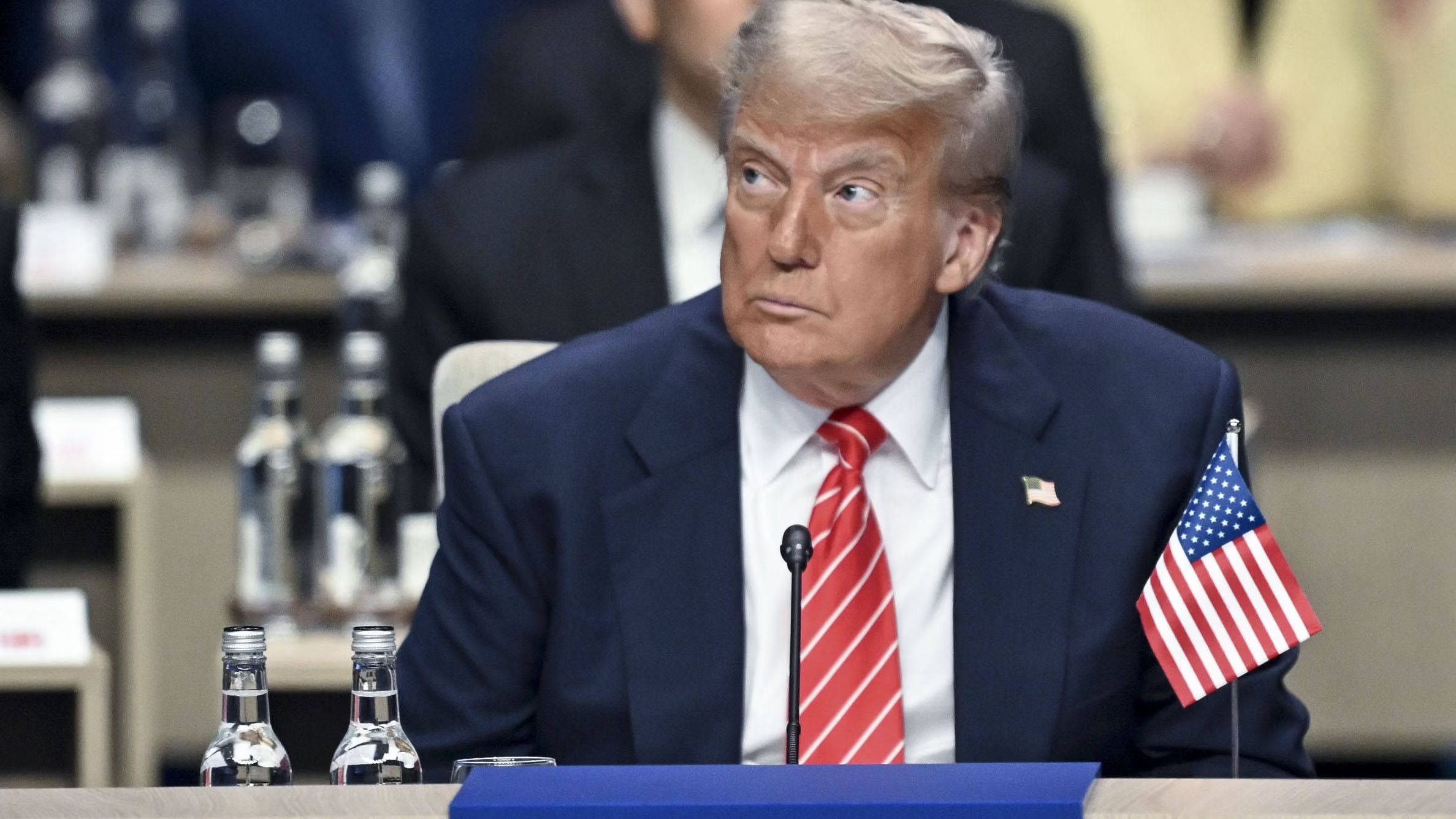
President Donald Trump on Monday rejected accusations that he wants to be a dictator. “And they say … ‘He’s a dictator. He’s a dictator,’” Trump said of his critics. “A lot of people are saying, ‘Maybe we’d like a dictator.’ I don’t like a dictator. I’m not a dictator.”
The remark, which added nuance to his denial, underscores Trump’s recurring tendency to raise the subject of unchecked presidential power, even as he disavows it.
Growing Support for Expanded Powers
Surveys suggest that many Republicans are warming to the idea of granting Trump greater authority. A University of Massachusetts Amherst poll last year found that 74% of Republicans supported his comment that he wanted to be a dictator “for one day,” even if offered jokingly. Other polls show that a majority of Republicans now favor reducing institutional checks on his presidency. A Pew Research Center survey earlier this year found 59% of Republicans and Republican-leaning independents believed the country’s problems could be solved more easily if Trump faced fewer constraints from Congress and the courts, with support climbing to 78% among strong GOP identifiers.
Authoritarian-Curious Trends in Polling
More than half of Republicans consistently express interest in scaling back traditional limits on presidential authority, while between one-quarter and one-third openly support more extreme measures. In various polls, sizable portions of Republican respondents said they would accept Trump bypassing the courts, ignoring Congress, or even suspending laws to pursue political enemies. Some also endorsed the idea of him taking power by any means if he lost an election.
These trends indicate not just frustration with Washington gridlock, but a growing openness to authoritarian-style leadership among Trump’s base.
Traditionally, Republicans emphasized limited government and constitutional checks. Today, the appetite for fewer obstacles to presidential authority reflects a dramatic shift in political culture. Trump’s comments suggest he is aware of this change — and may be testing how far he can lean into it.
Author’s Opinion
Even if Trump insists he does not want to be a dictator, repeating the term and framing it as something some Americans desire helps normalize a dangerous idea. Authoritarianism rarely arrives overnight — it creeps in as leaders float rhetoric that desensitizes the public. By speaking this way, Trump makes extreme notions of unchecked power sound more acceptable, which could have lasting consequences for American democracy.
Featured image credit: Heute
For more stories like it, click the +Follow button at the top of this page to follow us.
